 W
WHenry Augustus Brudenell-Bruce, 5th Marquess of Ailesbury, styled Lord Henry Bruce from 1878 to 1894, was a British soldier, businessman and Conservative politician.
 W
WCaptain Frank Reginald Beck, MVO was a land agent to the British royal family. He helped to form a volunteer company comprising members of the royal staff. Under his leadership this unit fought in the Gallipoli campaign of 1915. During a battle there, Beck and many of his men went missing, presumed killed.
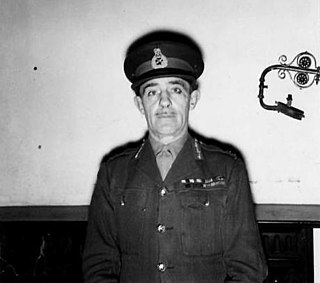 W
WMajor General Horatio Pettus Mackintosh Berney-Ficklin, was a British Army officer who served in both the First and Second World Wars. During the latter, he commanded for just over three years – from July 1940 until August 1943 – the 5th Infantry Division, the most widely travelled division of the British Army during the Second World War.
 W
WGeneral Sir Robert Brownrigg, 1st Baronet, GCB was an Irish-born British statesman and soldier. He brought the last part of Sri Lanka under British rule.
 W
WIvor Bulmer-Thomas CBE FSA, born Ivor Thomas, was a British journalist and scientific author who served eight years as a Member of Parliament (MP). His career was much influenced by his conversion to the Church of England in his youth, and he became a pious believer on the Anglo-Catholic wing of the Church.
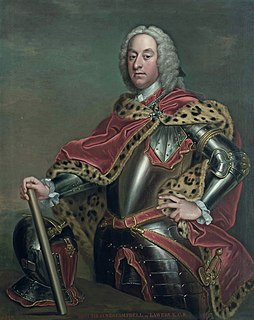 W
WLieutenant-General Sir James Campbell KB, of Lawers, Perthshire was a British Army officer and a Scottish Whig politician who sat in the House of Commons from 1727 to 1741.
 W
WCharles Cathcart, 8th Lord Cathcart was a British Army officer. Before 1732 he was known as The Honourable Charles Cathcart.
 W
WField Marshal Colin Campbell, 1st Baron Clyde,, was a British Army officer. After serving in the Peninsular War and the War of 1812, he commanded the 98th Regiment of Foot during the First Opium War and then commanded a brigade during the Second Anglo-Sikh War. He went on to command the Highland Brigade at the Battle of Alma and with his "thin red line of Highlanders" he repulsed the Russian attack on Balaclava during the Crimean War. At an early stage of the Indian Mutiny, he became Commander-in-Chief, India and, in that role, he relieved and then evacuated Lucknow and, after attacking and decisively defeating Tatya Tope at the Second Battle of Cawnpore, captured Lucknow again. Whilst still commander-in-chief he dealt with the "White Mutiny" among East India Company troops, and organised the army sent east in the Second Opium War.
 W
WGeneral Sir Charles Bulkeley Egerton, GCMG, KCH (1774-1857) was a British Army officer that served in the French Revolutionary Wars and Napoleonic Wars, He would command a brigade in the 5th Division during the Peninsular War.
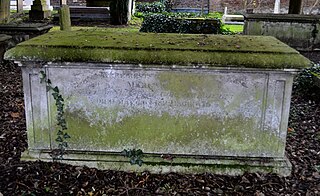 W
WGeneral Gordon Forbes was a senior officer in the British Army.
 W
WLieutenant General Sir Ian Henry Freeland was a senior British Army officer, who served with distinction during World War II and most notably served as General Officer Commanding (GOC) and Director of Operations in security matters in Northern Ireland in the aftermath of rioting in 1969, and the beginning of the Troubles.
 W
WEarl of Glencairn was a title in the Peerage of Scotland. It was created in 1488 for Alexander Cunningham, 1st Lord Kilmaurs. The name was taken from the parish of Glencairn in Dumfriesshire so named for the Cairn Waters which run through it.
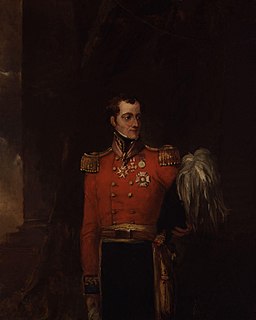 W
WField Marshal Sir William Maynard Gomm was a British Army officer. After taking part in the Anglo-Russian invasion of Holland, he served in most of the battles of the Napoleonic Wars. During the Hundred Days he took part in both the Battle of Quatre Bras and the Battle of Waterloo. He went on to be Commander of the troops in Jamaica and in that role established new barracks at Newcastle, Jamaica, high in the mountains. After that he became Governor of Mauritius and, finally, Commander-in-Chief, India, in which role he introduced promotion examinations for officers.
 W
WLeslie Poles Hartley was a British novelist and short story writer. Although his first fiction was published in 1924, his career was slow to take off. His best-known novels are the Eustace and Hilda trilogy (1944–47) and The Go-Between (1953). The latter was made into a film in 1971, as was his 1957 novel The Hireling in 1973. He was known for writing about social codes, moral responsibility and family relationships. In total, Hartley published 17 novels, six volumes of short stories and a book of criticism.
 W
WSir Paul Lancelot Hawkins was a British Conservative Party politician.
 W
WMajor General Eric Charles Hayes, CB was a senior British Army officer who fought in both world wars.
 W
WMajor-General Frederick Elliot Hotblack was a senior British Army officer who fought in the First World War as an early member of the Tank Corps and commanded the 2nd Armoured Division in the early part of the Second World War.
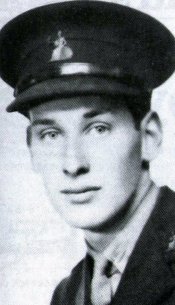 W
WMajor David Auldjo Jamieson, was a British Army officer in the Second World War who received the Victoria Cross, the highest award for gallantry in the face of the enemy that can be awarded to British and Commonwealth forces.
 W
WGeorge Arthur Knowland VC was an English recipient of the Victoria Cross during the Second World War, the highest and most prestigious award for gallantry in the face of the enemy that can be awarded to British and Commonwealth forces.
 W
WLieutenant-General Albemarle Bertie, 9th Earl of Lindsey was a British nobleman and general.
 W
WFrederick John Dealtry Lugard, 1st Baron Lugard, known as Sir Frederick Lugard between 1901 and 1928, was a British soldier, mercenary, explorer of Africa and colonial administrator. He was Governor of Hong Kong (1907–1912), the last Governor of the Southern Nigeria Protectorate (1912–1914), the first High Commissioner (1900–1906) and last Governor (1912–1914) of the Northern Nigeria Protectorate and the first Governor-General of Nigeria (1914–1919).
 W
WErnest John Smeed Moeran was an English composer of part-Irish extraction, whose work was strongly influenced by English and Irish folk music of which he was an assiduous collector. His output includes orchestral pieces, concertos, chamber and keyboard works, and a number of choral and song cycles as well as individual songs.
 W
WJohn Money (1752–1817) was an aeronaut and general in the British Army.
 W
WSurgeon General Sir James Mouat was an English recipient of the Victoria Cross, the highest and most prestigious award for gallantry in the face of the enemy that can be awarded to British and Commonwealth forces.
 W
WMajor-General Sir Evan John Murray-Macgregor of Macgregor, 2nd Baronet, was a Scottish colonial administrator and senior British army officer.
 W
WJames Michael Leathes Prior, Baron Prior,, sometimes known as Jim Prior, was a British Conservative politician. A Member of Parliament from 1959 to 1987, he represented the Suffolk constituency of Lowestoft until 1983 and then the renamed constituency of Waveney from 1983 to 1987, when he stood down from the House of Commons and was made a life peer. He served in two Conservative cabinets, and outside parliament was Chairman of the Arab British Chamber of Commerce from 1996 to 2004.
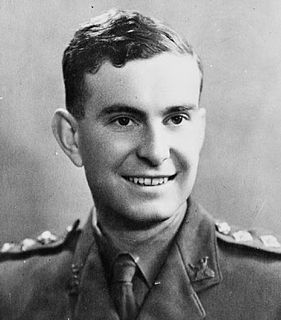 W
WJohn Niel Randle VC was a recipient of the Victoria Cross (VC), the highest award for gallantry in the face of the enemy that can be awarded to British and Commonwealth forces.
 W
WSir Julian Errington Ridsdale was a British National Liberal and later Conservative politician and long-serving Member of Parliament (MP) for Harwich. He took a particular interest in Japan.
 W
WLieutenant-Colonel Claude Blake Rubie was an English amateur first-class cricketer and soldier.
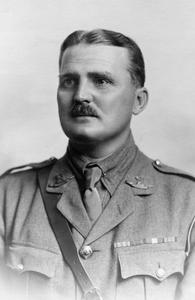 W
WJohn ("Jack") Sherwood Kelly was a South African recipient of the Victoria Cross, the highest and most prestigious award for gallantry in the face of the enemy that can be awarded to British and Commonwealth forces. The four-times-wounded Kelly was not a Regular officer but a formidable and experienced commander with a combat record going back to the 1896 Matabele Revolt.
 W
WLieutenant-Colonel John Manners Smith was a recipient of the Victoria Cross, the highest and most prestigious award for gallantry in the face of the enemy that can be awarded to British and Commonwealth forces.
 W
WLieutenant-General Sir Edward Peter Strickland was a British Army officer who commanded 1st Infantry Division during the First World War.
 W
WAlexander Findlater Todd was an English rugby union forward who played for Cambridge University and Blackheath F.C. at club level, and Kent at county level. Todd played international rugby for England and later represented the British Isles team on their 1896 tour of South Africa.
 W
WLieutenant General William Whitmore was a British Army officer and Member of Parliament (MP).
 W
WMajor-General Richard Alchorne Worge was an English General in the British Army, Governor of Senegal and a Member of Parliament for Stockbridge.